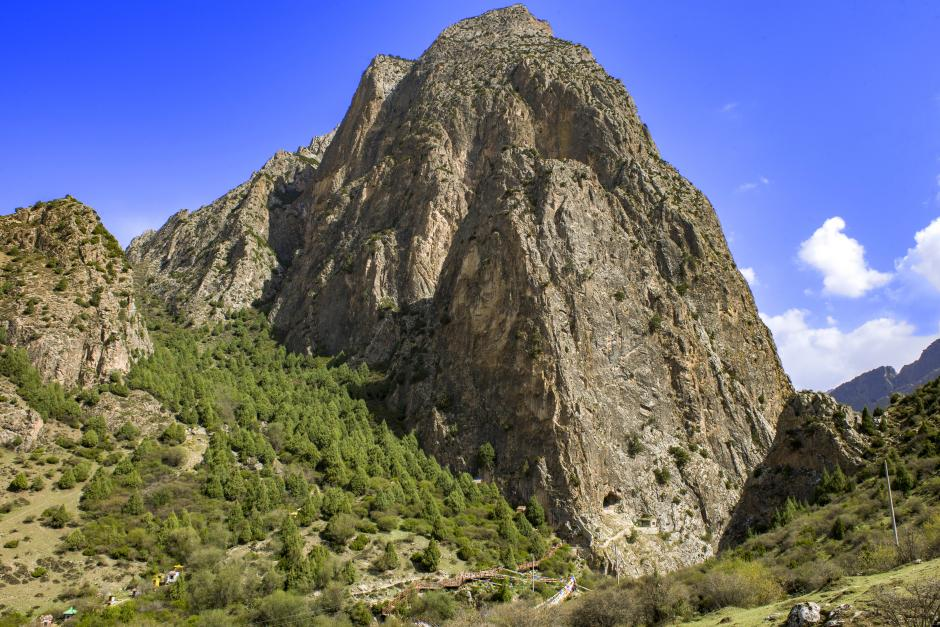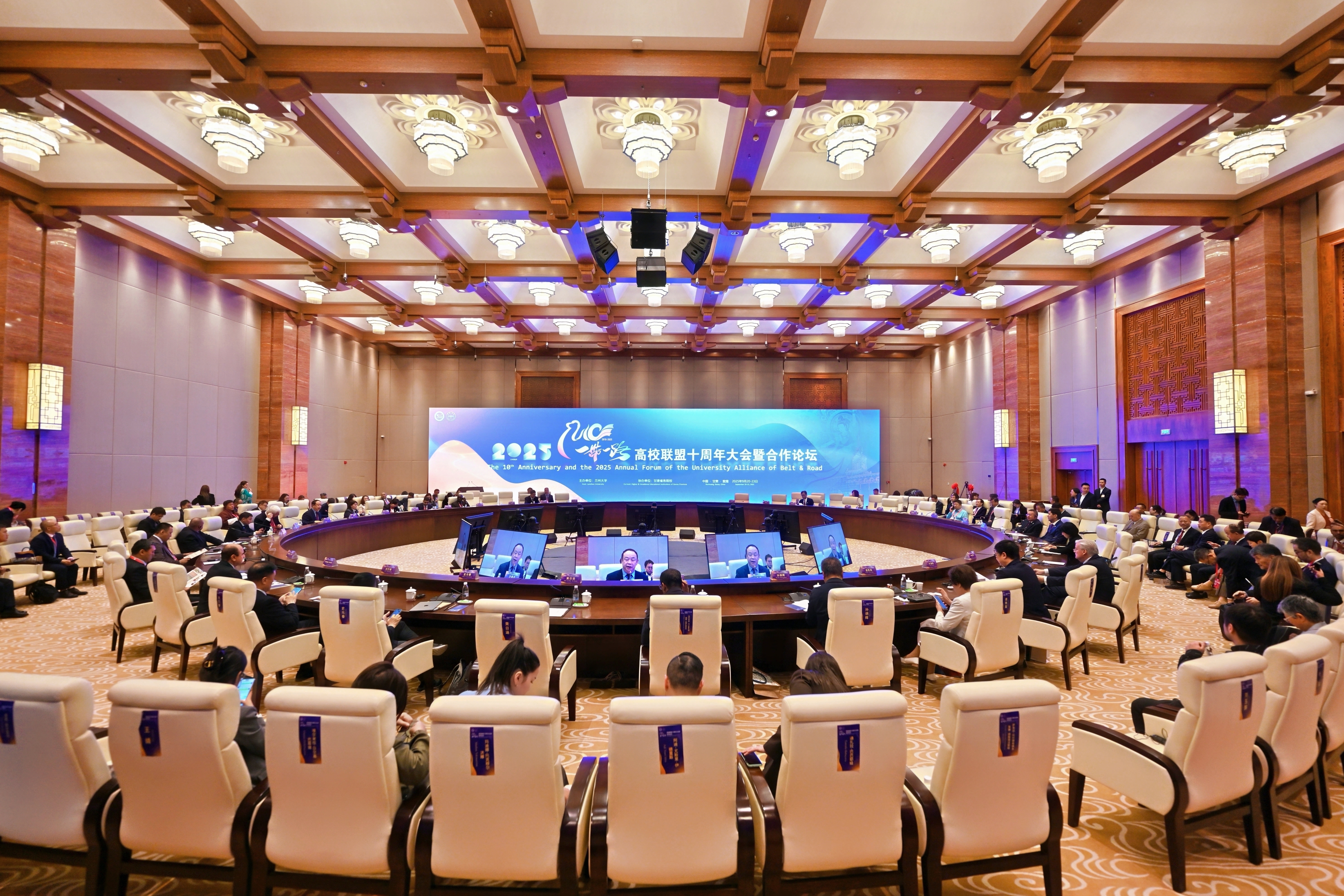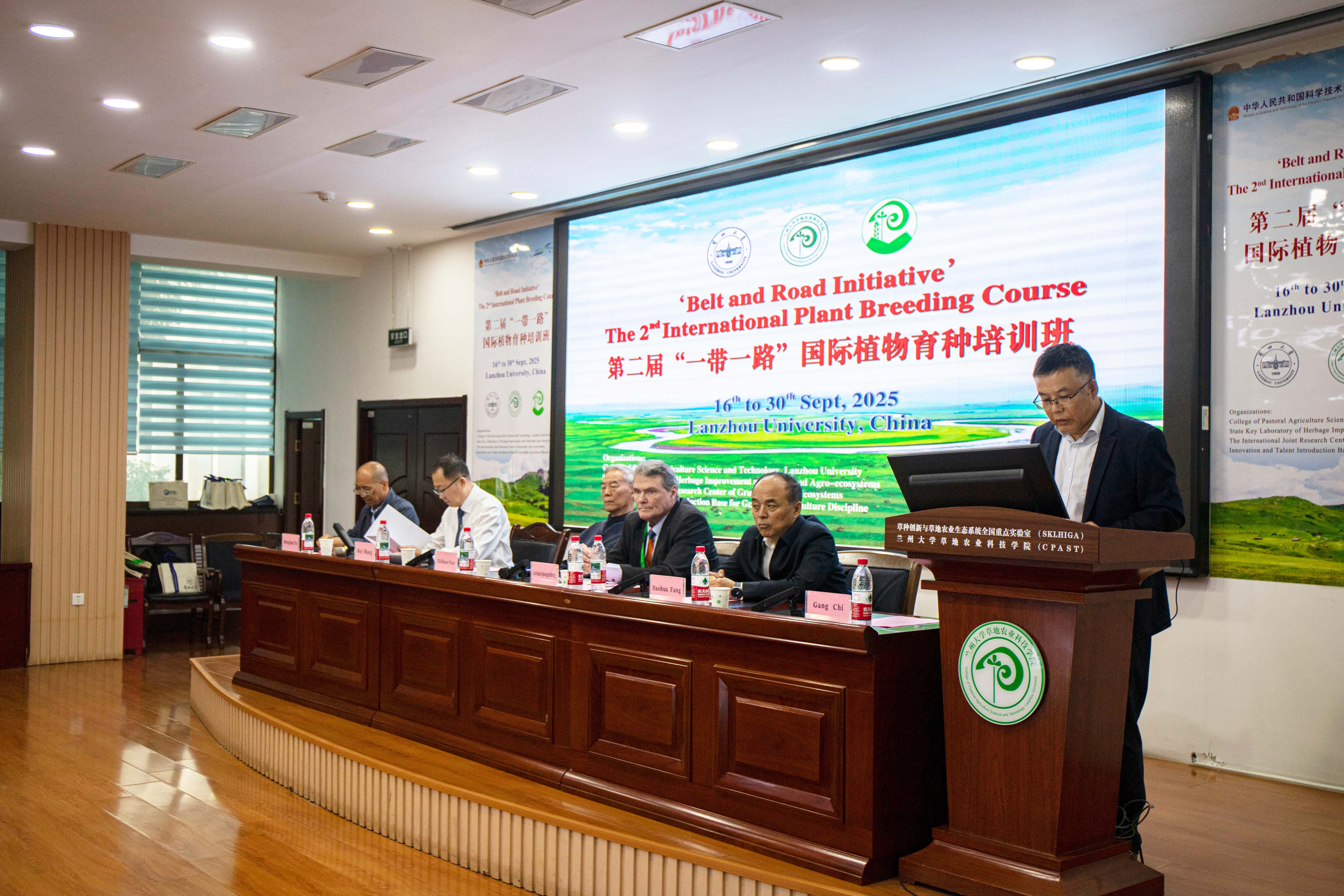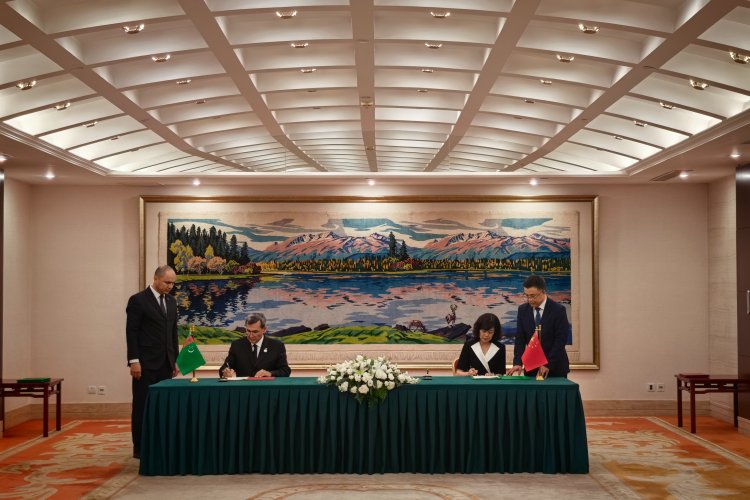On July 3, LZU Environmental Archaeology Team published the latest research findings entitled “Middle and Late Pleistocene Denisovan subsistence at Baishiya Karst Cave” online in Nature. Led by Prof. Zhang Dongju from the College of Earth and Environmental Sciences, LZU, and Academician Chen Fahu from the Institute of Tibetan Plateau Research, Chinese Academy of Sciences, the team carried out the research in collaboration with research institutions including the University of Copenhagen in Denmark, the Max Planck Institute for Evolutionary Anthropology in Germany, the University of Kent in UK, the Institut de France and others. The study is supported by National Cultural Heritage Administration, Gansu Provincial Cultural Heritage Administration and other government sectors, and also sponsored by National Natural Science Foundation of China and China Postdoctoral Science Foundation.

Successive publication of the research results of Baishiya Karst Cave in the international top journal not only expands our understanding of Denisovan and early anthropogenic activities on the Qinghai-Tibet Plateau(QTP), but also demonstrates the research strength and international influence of LZU Environmental Archaeology Team in the field of hominin activities on the QTP.

In the future, LZU Environmental Archaeology Team will keep working hard and moving forward so as to inject more power into the study of hominin evolution and environmental adaptation in East Asia, and make more contributions to the development of this field.




